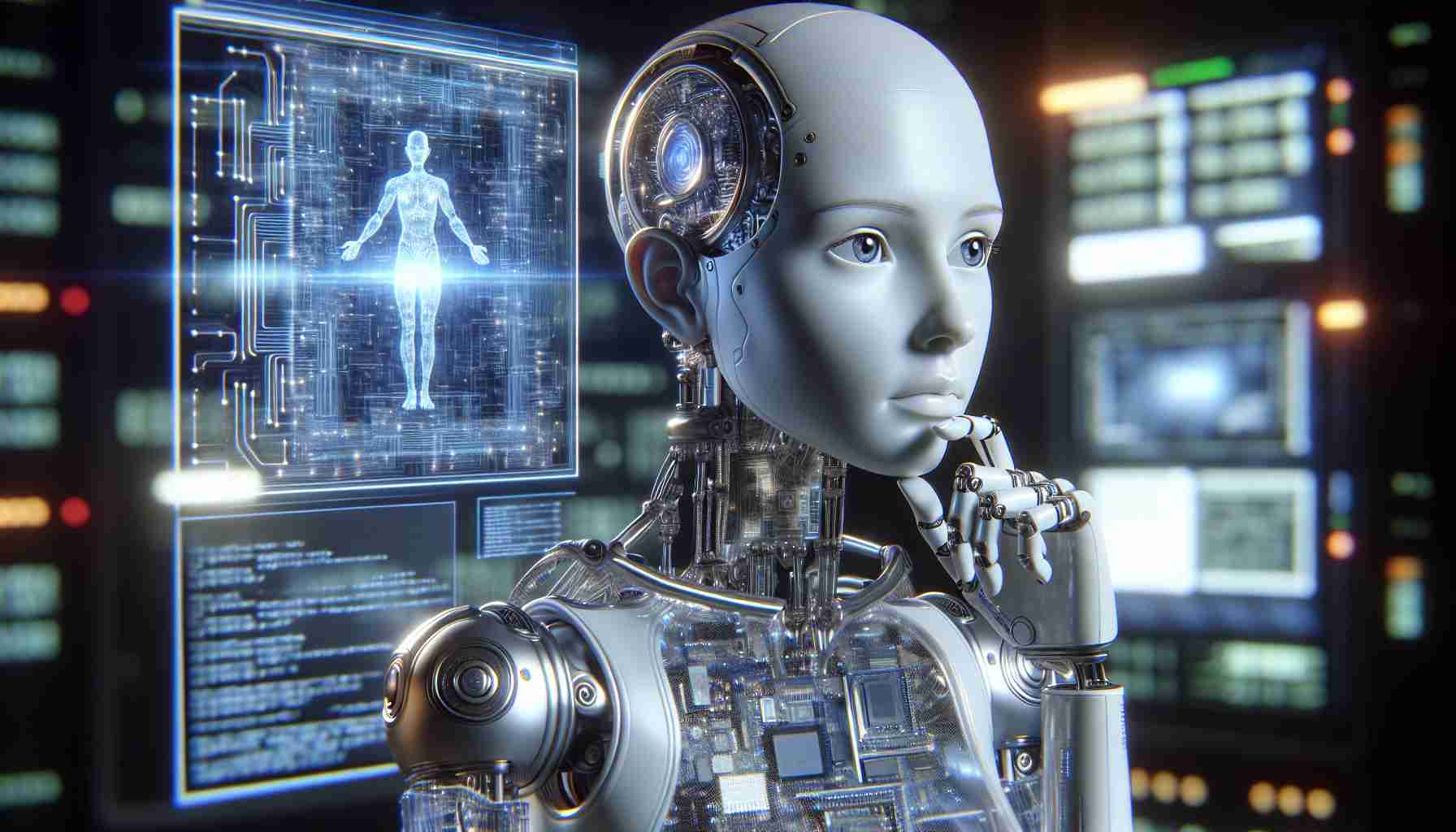Artificial Intelligence (AI) has been a buzzword for years, but what exactly does it mean? In essence, AI refers to the ability of machines to mimic human cognition, such as learning and problem-solving. The technology, rooted in computer science, aims to create systems capable of performing tasks that would typically require human intelligence.
At its core, AI leverages algorithms and data to perform functions like recognizing speech, making decisions, and even translating languages. Unlike traditional software, which follows explicit instructions to perform specific tasks, AI systems can improve their performance over time by learning from data inputs. This adaptability is a critical component of AI, enabling systems to handle complex tasks with increasing precision.
AI isn’t just one technology; it’s an umbrella term that encompasses various sub-domains like machine learning, neural networks, and natural language processing. For instance, machine learning (ML) involves training algorithms to detect patterns and make decisions with minimal human intervention. In practice, this means that AI can analyze vast amounts of data quickly, providing insights that were previously unimaginable.
The increasing presence of AI in everyday life raises important questions about ethics and the future of human-machine interaction. As AI continues to evolve, it’s crucial to reflect on how we define “intelligence” and the implications of creating systems that can “think” autonomously. Whether in healthcare, finance, or entertainment, understanding AI’s definition is vital to harnessing its potential effectively and ethically.
Artificial Intelligence: The Double-Edged Sword Reshaping Lives Globally
The transformative impact of Artificial Intelligence (AI) on society is both immense and multifaceted. While the fundamental aspects of AI revolve around machine capabilities in mimicking human cognition, what truly matters is how it affects nations, industries, and communities. What new opportunities and challenges arise with AI’s integration into our lives?
Surprising Benefits Beyond Automation
Beyond simple automation, AI is revolutionizing fields like healthcare. Its ability to predict patient outcomes and personalize treatment plans has saved countless lives, while reducing waste in systems worldwide. In environmental science, AI helps in predicting climate patterns and optimizing resource management, aiding in combating climate change.
Ethical Concerns and Workforce Dynamics
However, the rapid advancement of AI presents ethical dilemmas and labor market disruptions. Is AI taking jobs away from humans, or is it creating new ones? While some say AI enhances productivity, others argue it could lead to significant unemployment in certain sectors. The truth likely lies in balance, as AI creates new roles requiring advanced technical skills.
Global Collaboration or Competition?
Countries are now racing to outdo each other in AI technology, raising geopolitical tensions. Is AI a tool for peace or power? Nations thriving on data-rich environments are poised to lead, potentially widening the economic gap between them and less technologically advanced countries.
Conclusion
In understanding AI, defining “intelligence” is crucial. As AI systems autonomously handle complex tasks, their influence on policy, economy, and lifestyle demands scrupulous attention. This evolving landscape calls for public discourse and informed policymaking to safeguard human interests.
For more on AI advancements, visit IBM, a pioneer in the evolving AI ecosystem.








